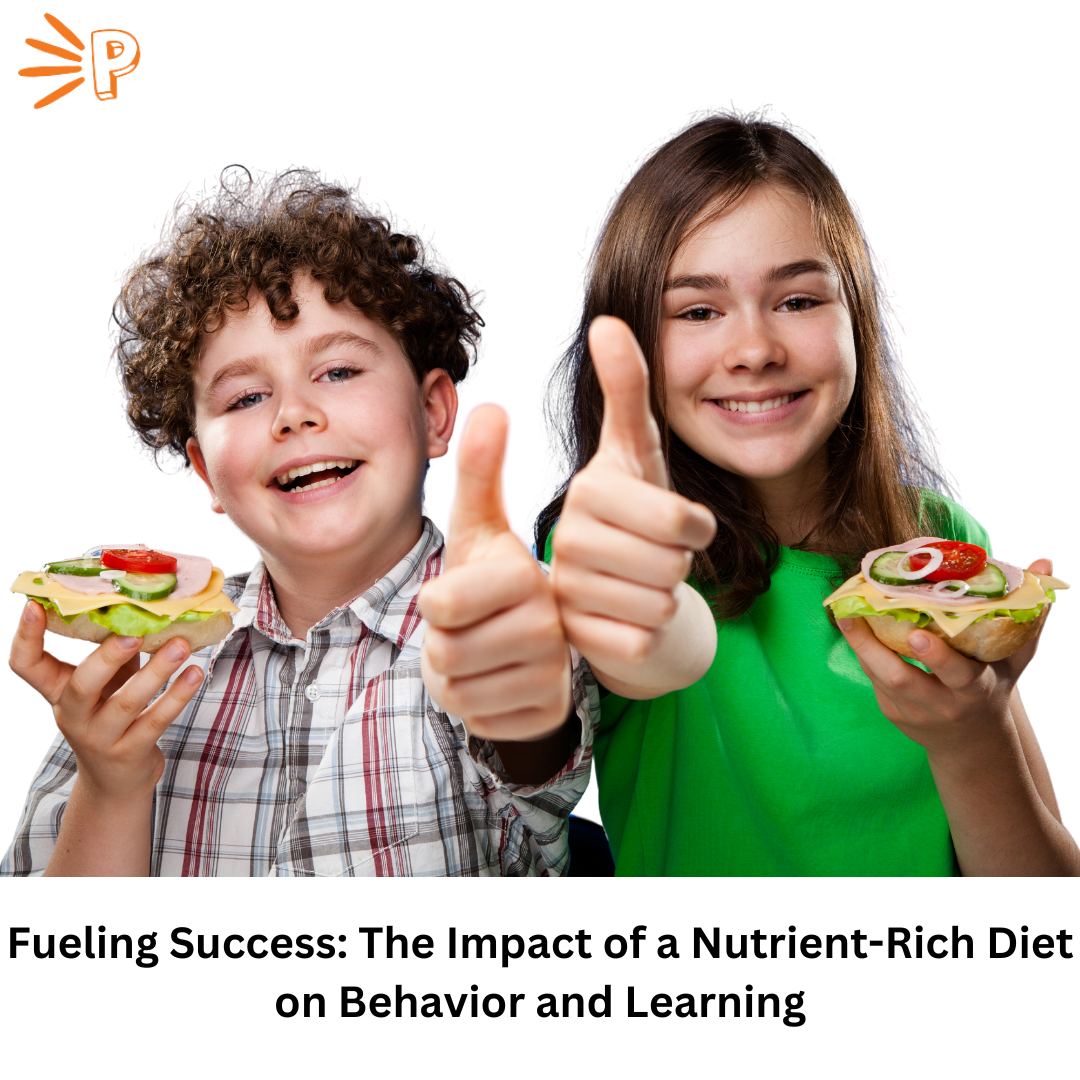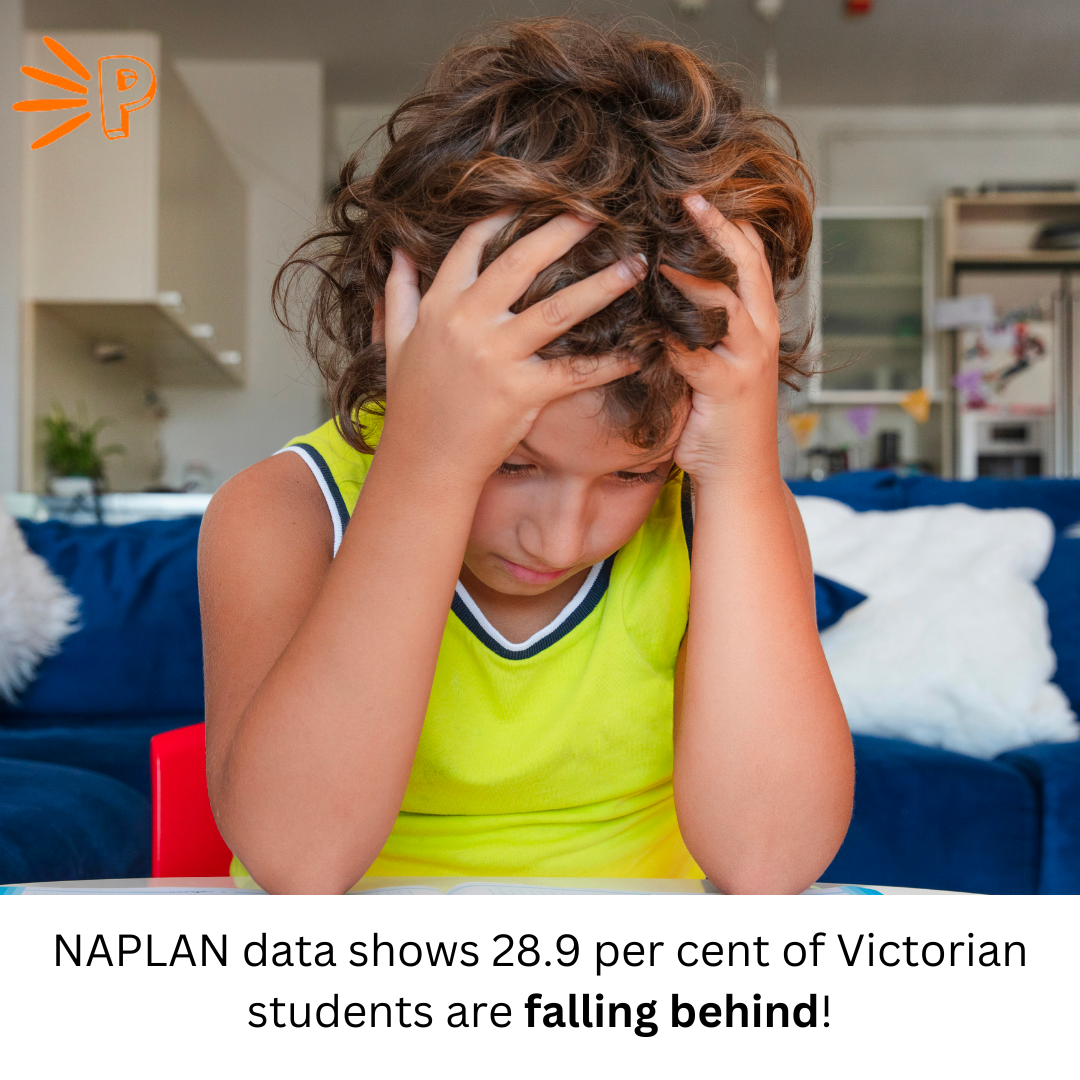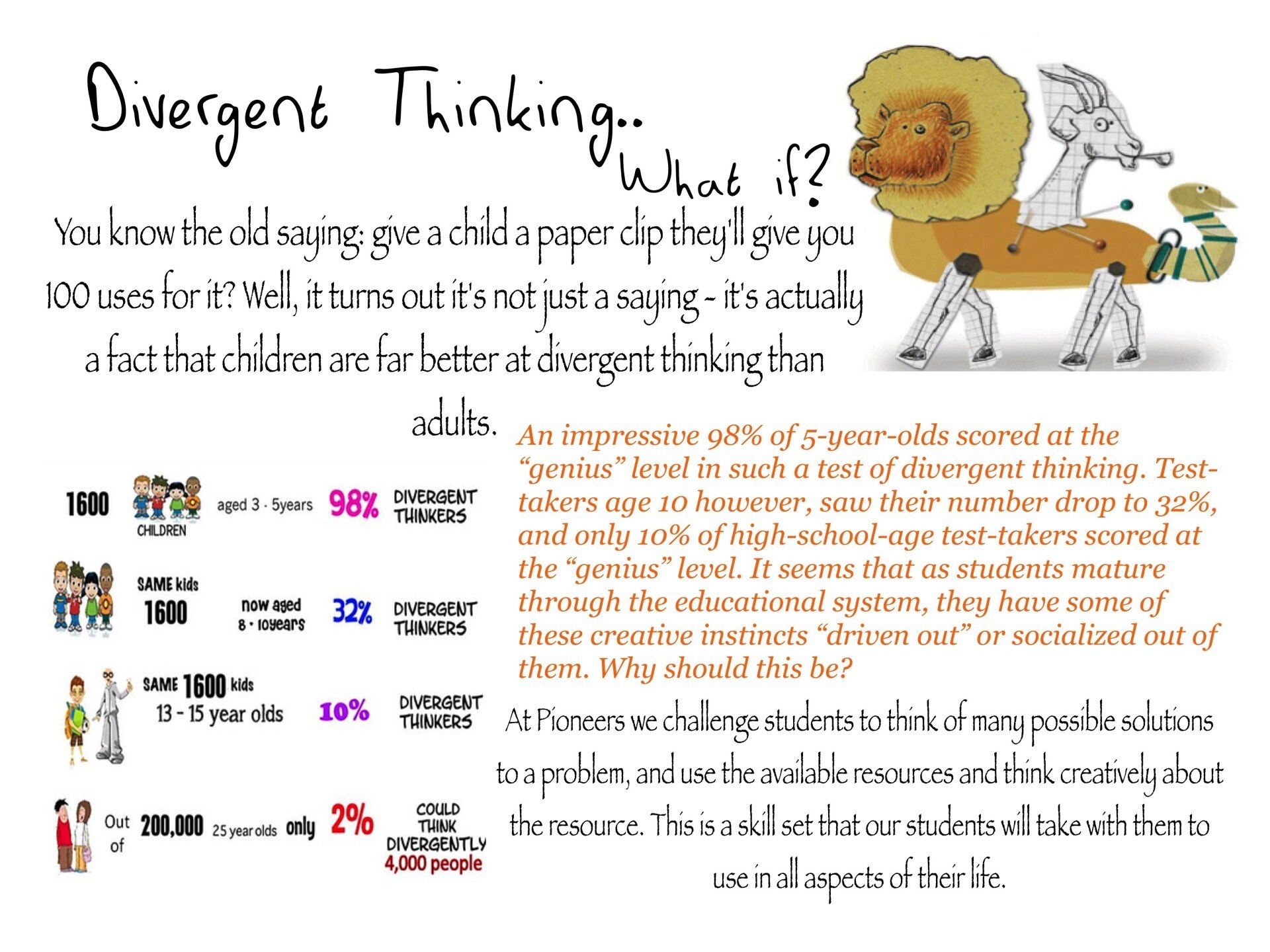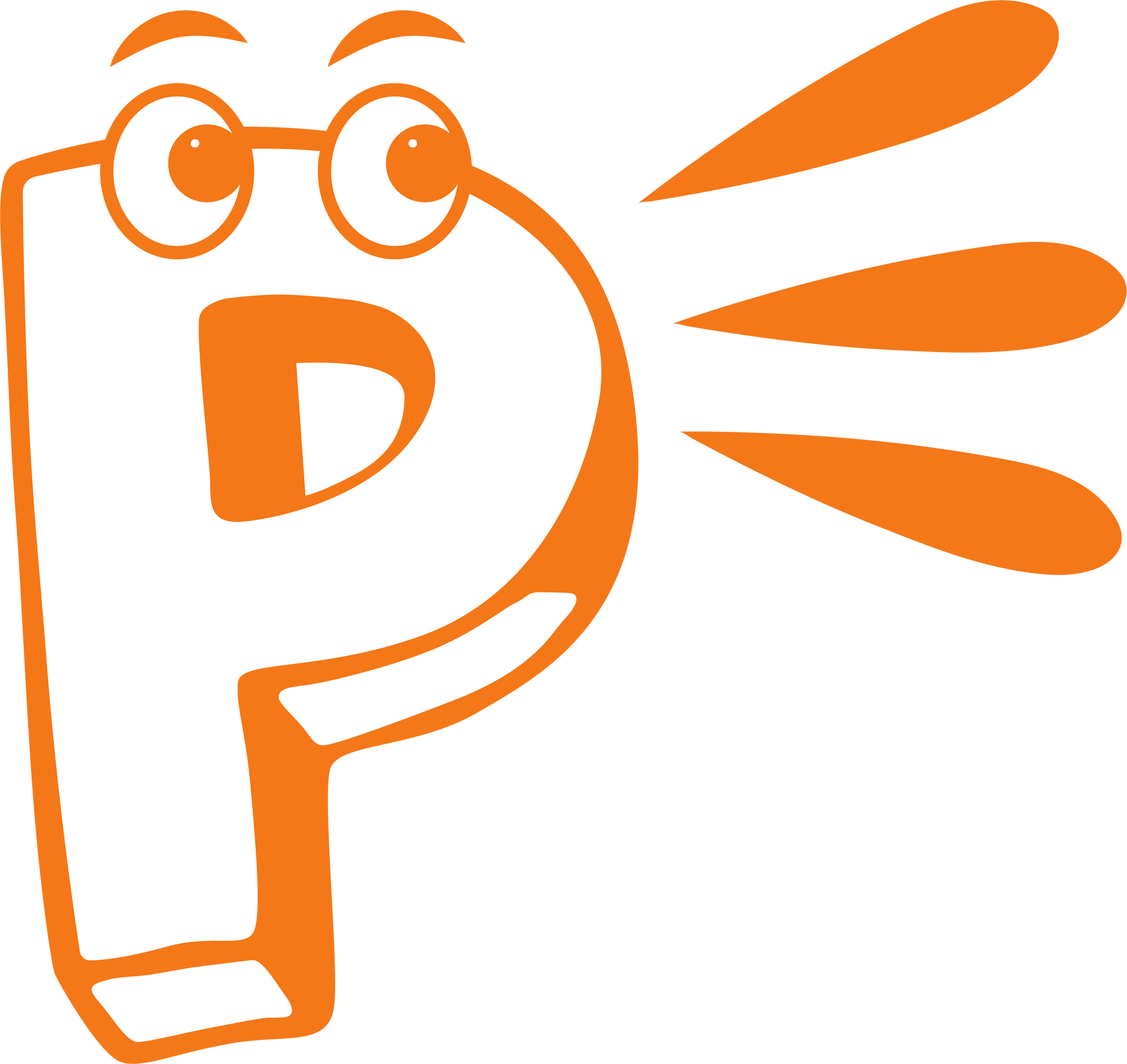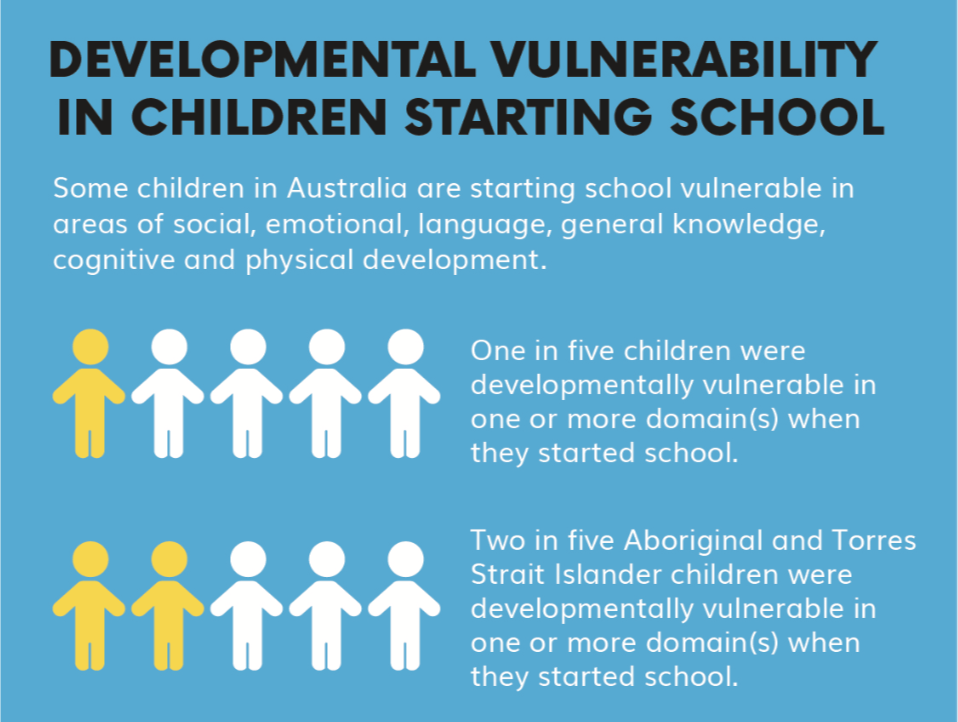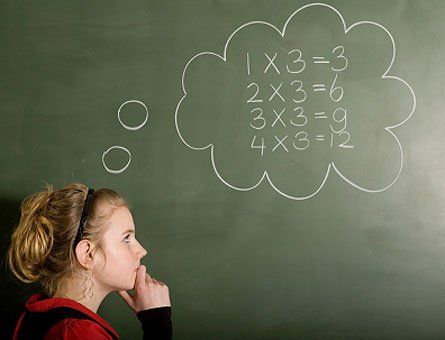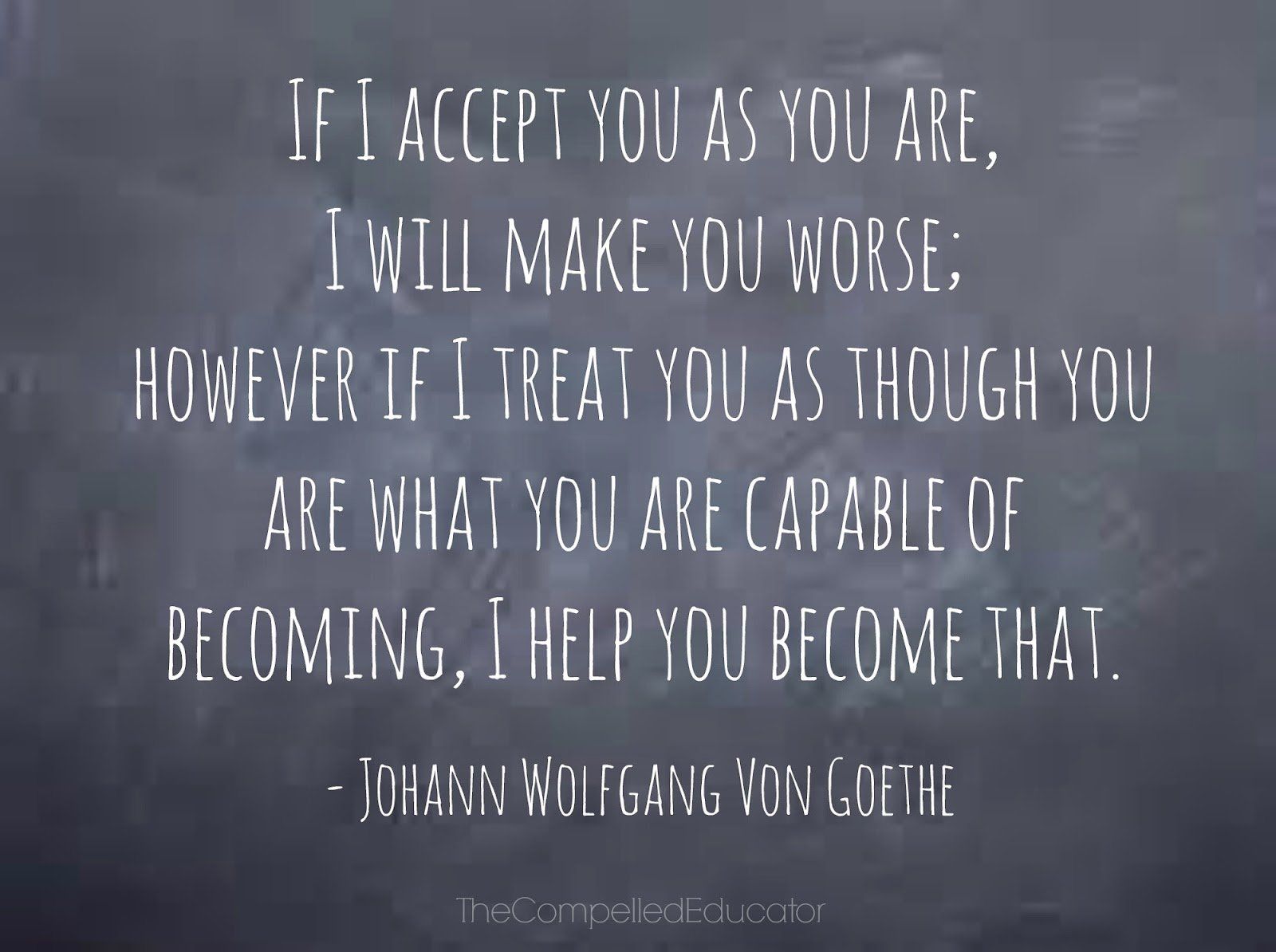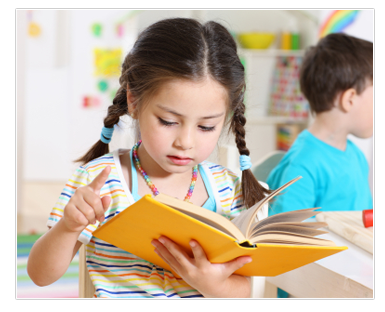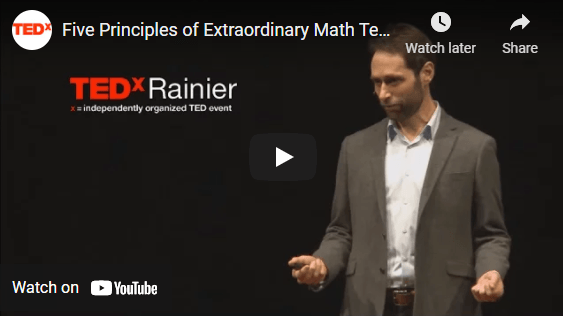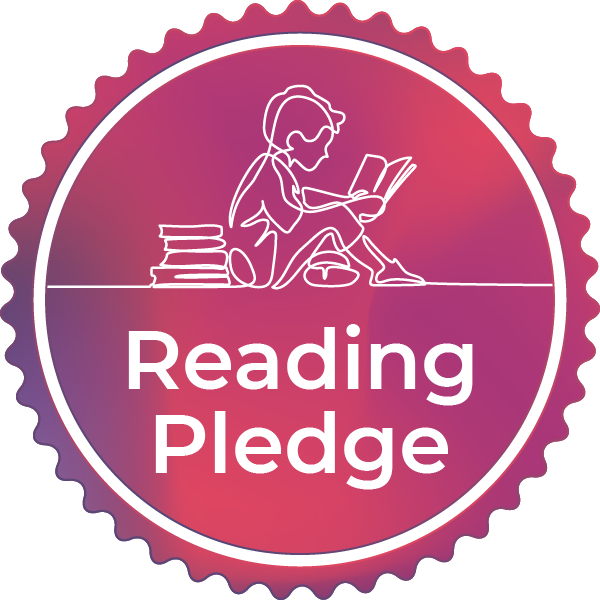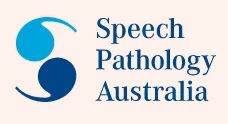Finding Gaps in Mathematical Understanding
All too often assessment and testing become a definite concern for many parents, understand how to assess student knowledge if not done via a test is often not completely understood. I'd like to share today an assessment problem I'll be giving to some of my students that have started on their journey towards understanding fractions in the fullest way possible. My core beliefs are that the way to teach fundamental skills in mathematics, is to teach the concept in a way that reflects understanding; what I mean is it isn't enough to teach students how to add fractions by way of a process. We need to teach in a way that produces an understanding that will be used later in student education to support more complex concepts within the same subject.
A good example of this was when teaching some students last week how to add fractions with like denominators and then how to add fractions with unlike denominators. After students had mastered both skills I then went back a step and posed the question "why can't I add 1/2 and 1/3 together?", "what problems would I run into if I didn't change the denominators of this problem?" These questions give a clear indication of whether a student understands the concept entirely, and students who understand the process to get to the right answer rather than the concept. So you then go back to a fundamental question "Well, what is a faction? What is denominator telling me and what is the numerator telling me?" Fundamental questions of this nature bring about questioning and discussion to help consolidate the learning that has taken place hitherto.
Here is another assessment question I will use to help me identify any gaps in student learning within the area of fractions.
Which addition expression has a sum greater than 1?
1/4 + 1/2 or 3/5 + 2/5 3/4 + 3/2 or 3/6 + 3/9
Giving students two computations makes for a better assessment question as you can assess more data. Noting down student responses and student thinking helps with the direction of the lesson and what gaps are present in their understanding of adding fractions and comparing them to greater than 1. In the first problem student would look at 1/4 + 1/2 and would hopefully identify that this would equal less than 1; making a connection with 1/2 being equivalent to 2/4, therefore 2/4 + 1/4 = 3/4, less than 1. In the second set of fractions to add student might use the reasoning of the first is greater than 1, because we have an improper fraction with the numerator being greater than the denominator indicating we have more that one. In both problem questions, students can show any misunderstandings that might be present in adding and comparing fractions.
In my teaching, I believe there certainly is a time and place for testing, and I do not disagree that testing does support education. However, I feel the assessment needs to be creative and engaging to ensure students are participating fully in problem solving and questions to gain understanding. There are many things traditional 'sit and answer questions' test miss and sometimes can display no knowledge in an area a student wasn't probed hard enough to show their understanding.
I'd like to finish with I believe every student is capable of learning and it is my mission in life to ensure each student can reach their full potential in their understanding and be empowered by their education. It isn't about pushing students too hard for something they aren't ready for but allowing them to succeed in a system that isn't designed for every student to succeed.
